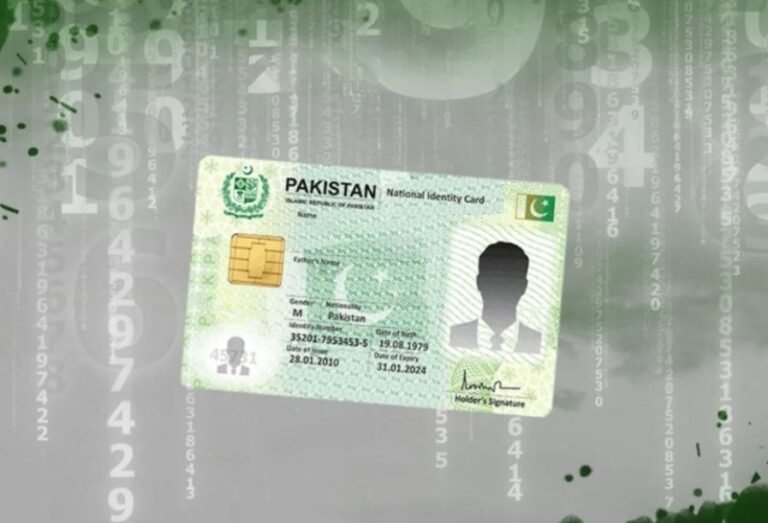What Does an Executor Need to Do to Wrap Up and Close an Estate?

Losing a loved one is hard enough without having to deal with the complex legal and financial affairs involved in closing out their estate. As executor, it’s your job to handle all the big and small details to settle the estate properly.
It’s a role that comes with significant responsibility. You essentially step into the deceased’s shoes to handle their unfinished business.
In this article, we’ll walk through the essential steps every executor should take to wrap up and close out an estate in New Jersey.
Step 1: Gather and Inventory Assets
One of your first jobs is locating and inventory the deceased’s assets. This includes things like:
- Bank accounts
- Investment and retirement accounts
- Real estate
- Vehicles
- Personal property
- Business interests
You’ll need to request certified copies of the death certificate to verify your authority. Then, reach out to financial institutions, government agencies, and other entities holding assets.
It takes a bit of detective work to track everything down. We recommend reviewing the will and financial statements for clues. Also, check for safe deposit boxes, which often contain valuables.
Once located, catalog each asset and get appraisals for significant items like real estate, jewelry, and art. You’ll use this inventory to determine the total value of the probate estate.
Tips for Locating Assets
- Get copies of the last few year’s tax returns to see sources of income
- Review check registers and credit card statements for accounts you may have missed
- Check state unclaimed property databases for forgotten assets
- Hire an asset search company for more complex situations
Documenting everything upfront makes the rest of the process much smoother.
Step 2: Pay Debts and Taxes
Before making distributions, you must settle any outstanding debts and taxes. Common debts include:
- Mortgages or liens
- Credit card balances
- Medical bills
- Personal loans
Notify known creditors by publishing a notice in the local newspaper. This gives them a limited time to file any claims against the estate. Carefully review each claim to verify its validity and for the correct amount. You can negotiate lower payouts for things like disputed medical bills.
In addition to personal debts, you’ll need to file the deceased’s final income tax returns. If the estate exceeds the federal tax exemption ($12.06 million in 2022), you must also file IRS Form 706.
Estate taxes are due within nine months of the date of death. So, working with a tax professional is essential to filing everything correctly and on time.
Step 3: Create an Accounting
As executor, you’re managing the estate almost like a business. So, it’s critical to maintain detailed records of any income received and expenses paid out.
Creating a formal accounting shows how you’ve handled the estate’s finances. It should list:
- Initial asset values
- Income received (like interest, dividends, rental payments, etc.)
- Disbursements made (for debts, taxes, attorney fees, etc.)
- Current asset balances
Beneficiaries are entitled to an accounting of how the estate has been administered. So, make sure it’s thorough and well-organized.
Getting an Accounting Approved
Before closing the estate, you’ll need to get the accounting approved by the probate court. This involves:
- Filing the accounting with the court
- Sending copies to all beneficiaries
- Addressing any objections raised
- Asking the court to approve the accounting
Having court approval protects you in case any beneficiary later disputes your actions. It shows you acted adequately in making distributions.
Step 4: Make Distributions
Once debts and taxes are settled, you can finally distribute assets to heirs and beneficiaries. Make any specific bequests stated in the will first. Then, divide and distribute the remainder to residual beneficiaries.
Some tips for making smooth distributions:
- Require signed receipts from each beneficiary acknowledging what they received
- Convert assets to cash when needed to make even distributions
- Keep a portion of assets in reserve if the estate is still subject to possible claims
- Avoid conflicts by sticking closely to what the will states
Getting Receipts and Releases
Before making final distributions, have beneficiaries sign:
- Refunding agreement – Acknowledges responsibility to return any assets if more estate debts turn up later
- Release – Legally absolves you from any further liability regarding the estate
This protects you in case any beneficiary later alleges you mismanaged the estate. Consult an attorney to ensure the agreements are enforceable.
Step 5: Close the Estate
After distributions are complete, you’re almost done! Final steps include:
- Filing a petition for discharge with the probate court
- Paying any last administration expenses
- Notifying agencies like Social Security of the death
- Canceling utilities, memberships, and services in the name of the deceased
You can only formally close the estate once the court issues an order discharging you as executor. This final order provides legal proof that you fulfilled your duties.
Tying Up Loose Ends
- Forward any remaining mail to beneficiaries
- Closeout bank accounts and the estate tax ID number
- Store vital estate records securely for future reference
- Notify the post office to forward the remaining mail to beneficiaries
With these last details covered, you can finally close out the estate with confidence and peace of mind.
Seek Guidance From an Experienced Estate Attorney
Settling an estate is complex, with many potential pitfalls. Having an experienced lawyer guide you through the process makes a huge difference.
The experienced estate planning attorneys at The Simone Law Firm in Cinnaminson, NJ, have helped countless families close out estates. They assist with everything from locating assets to getting court approval.
Don’t tackle this alone. Contact their team today to schedule a consultation.






